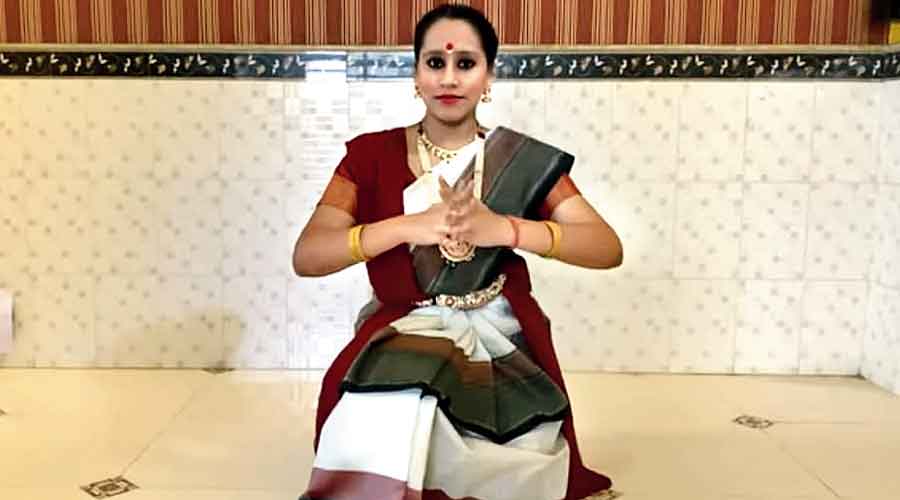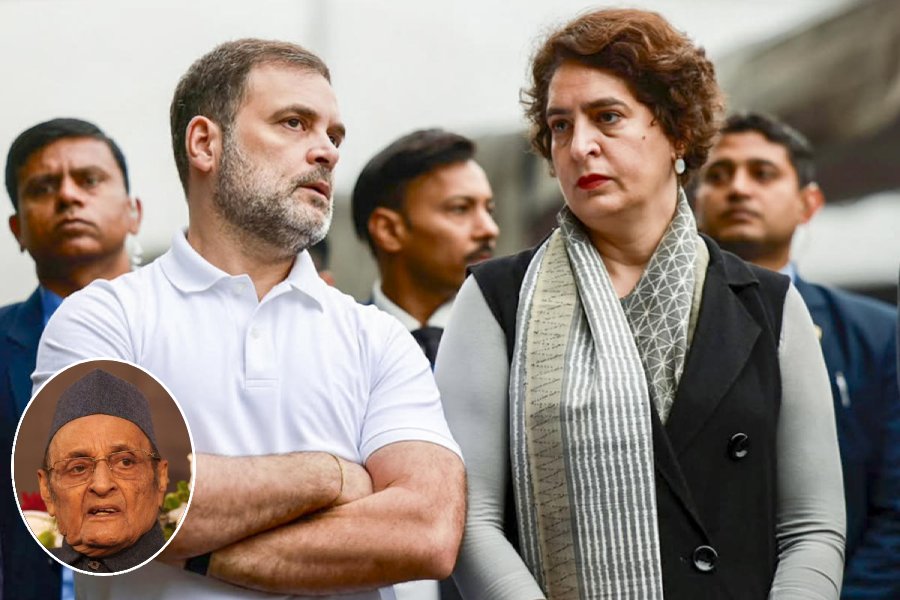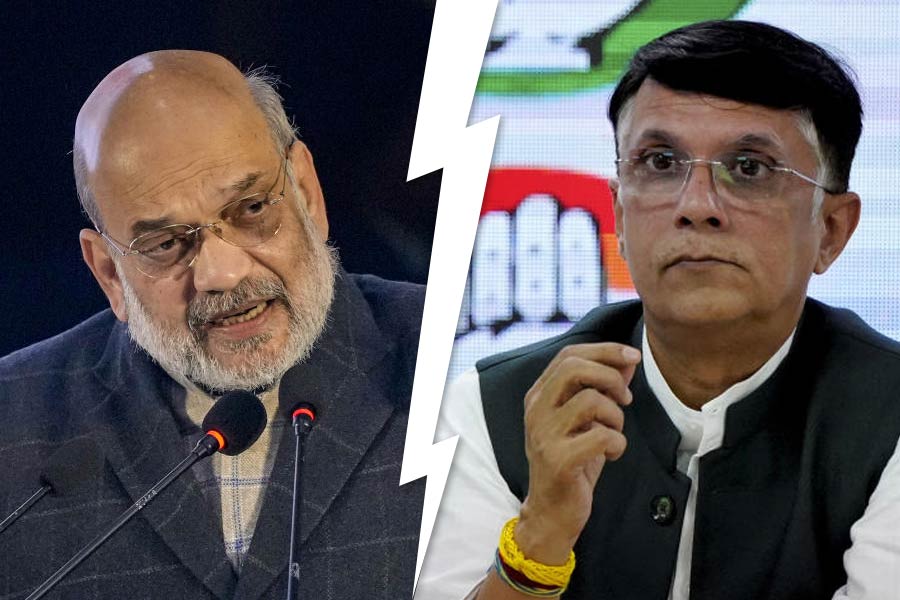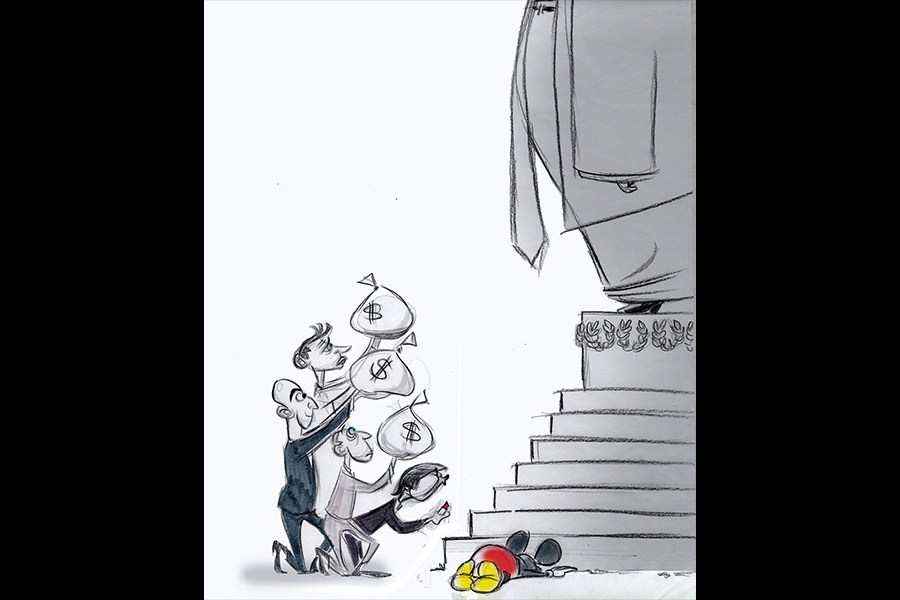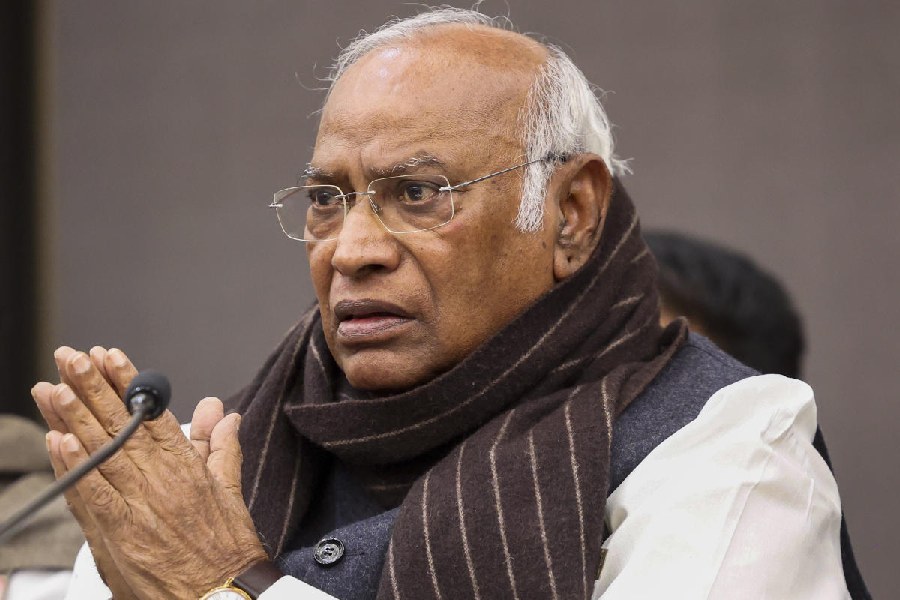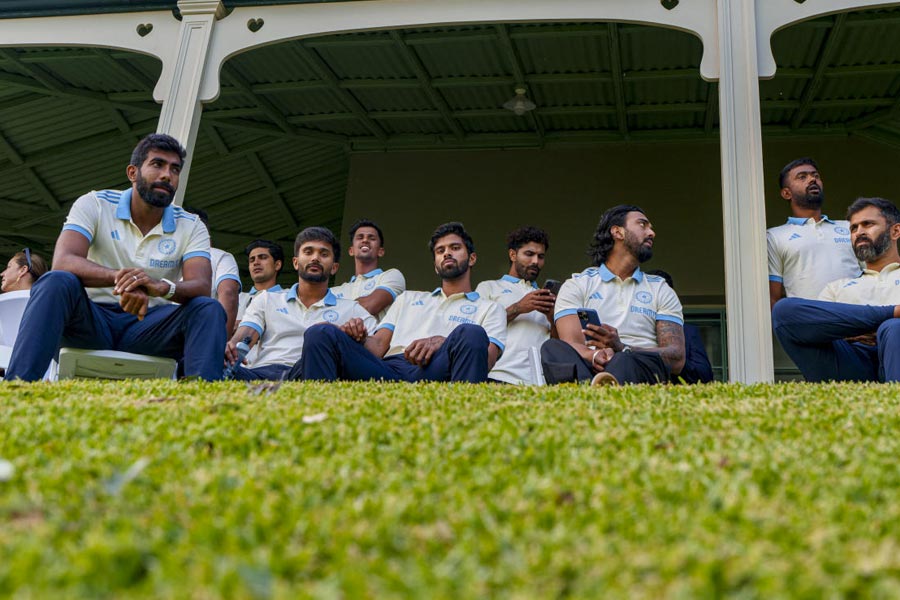India has to be a “secular society”, not just a secular state, said a 17-year-old.
The speaker was among three Class XI students of Indus Valley World School who had a discussion on the Preamble to the Constitution on the eve of Republic Day.
When the school initiated the idea of having a discussion on the Preamble and what it meant to the students, they chose different aspects to talk about — secularism, liberty and the three words with which the Preamble begins: “We the people”.
One of the girls, Brinda Banerjee, said the three words were “carefully chosen giving power to the Indian people including those who hadn’t been given the same before”.
“It is not enough to memorise the Preamble and reproduce it in answer scripts. As educators, it is important to take the Preamble out of the textbook and make the children think about it and what it means,” said Amita Prasad, director of the school who has an experience of teaching history for 25 years.
The online discussion has been put up on the school's YouTube channel and website for other students and parents.
While underlining the importance of “inclusion” and acceptance, Debojyoti Mishra, a Class XI science student, recounted an experience of having seen his tiffin thrown away at a school in Pune because he committed the crime of taking a chicken sandwich to a “vegetarian school”.
Also, he said, his school diary was torn apart and his desk defaced with communal slurs.
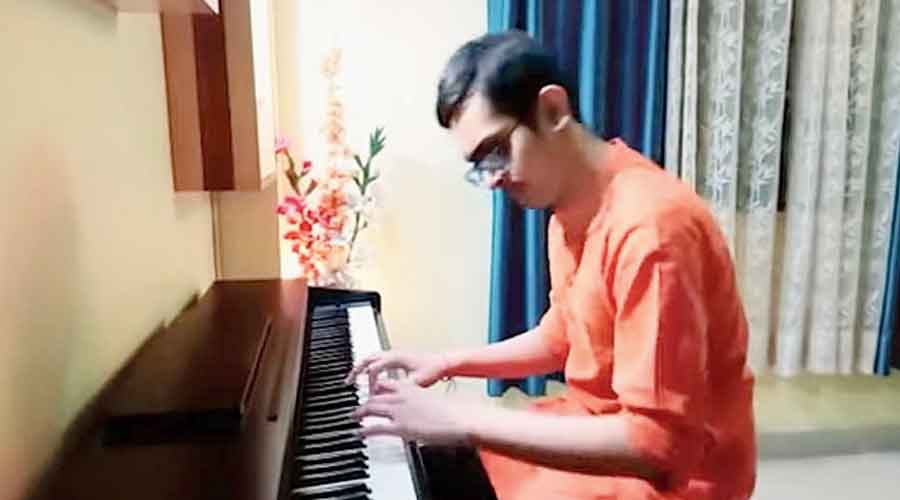
Class X student Asmit Ganguli
Niharika Chakravorty, another Class XI student, pointed out that “India is a constitutionally secular country, but socially it still isn’t. We still have a long way to go and a lot to work upon.”
For Debajyoti, true secularism is the freedom to “profess, practice, propagate any religion or no religion at all...”
“But most importantly, it is mutual respect, acceptance and inclusion of every person in society despite religious beliefs...” he said.
The idea of liberty, Niharika said, stands opposed to what it meant to her grandmother. “Liberty to me is freedom, it is equality and it is being able to voice my opinion on things I truly believe in,” she said.
Brinda pointed out that it was not the British who “left us with this Constitution”.
“It is we who gifted us this Constitution. We who declared our nation’s pride being in these ideals of sovereignty, secularism, socialism,” she said.
The discussion was anchored by Priyadarshinee Guha, the dean of arts in the school.
“We thought it would be nice to open this up for discussion... it leaves us wondering sometimes what are these young people thinking about this very important document (Preamble to the Constitution),” said Guha.
Another group of students expressed their understanding of the Preamble through music, dance and illustrations. Tagore’s Where the Mind is Without Fear and Leila Seth’s We, the Children of India featured prominently in that section.

